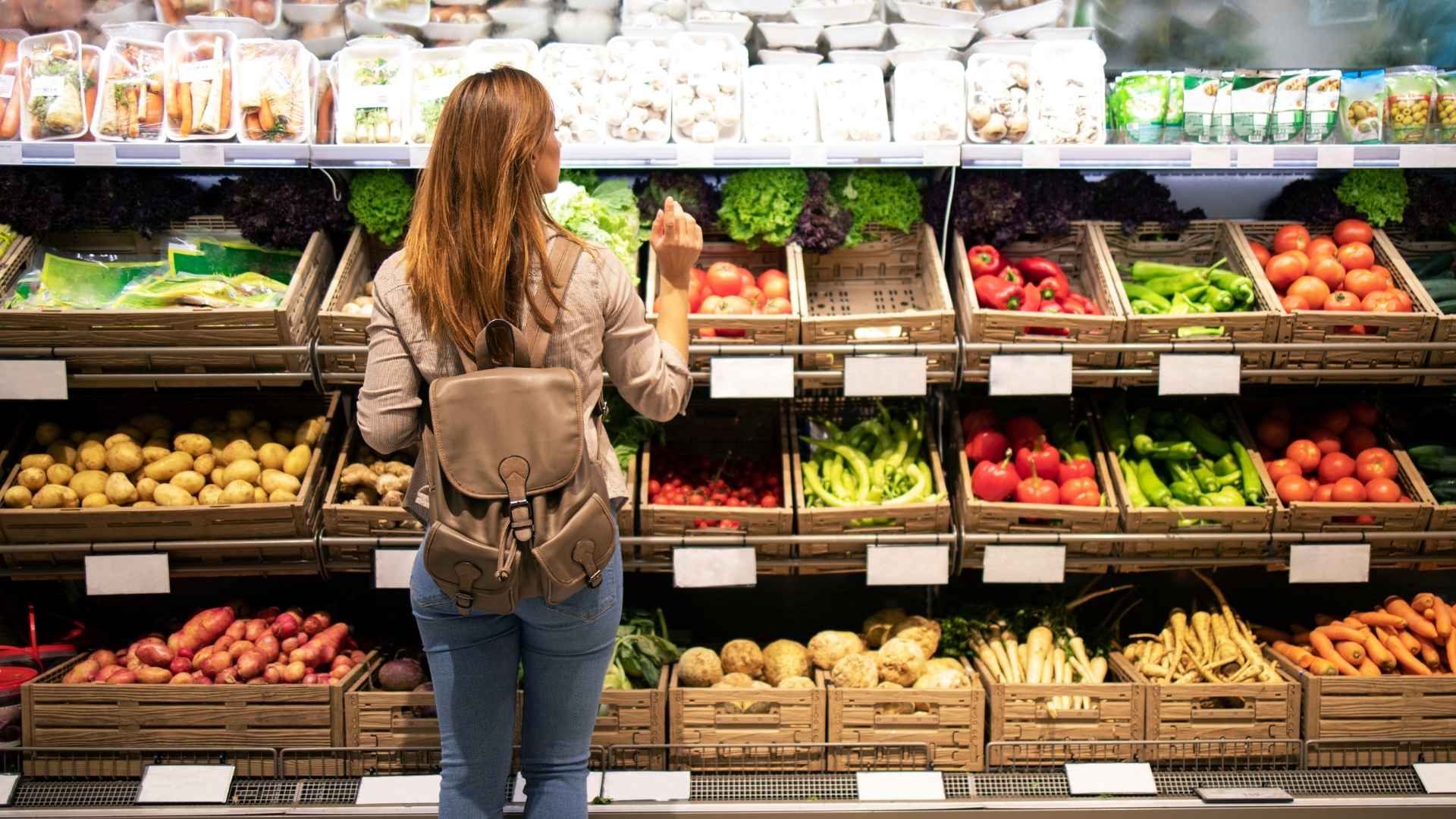
By: Kelli Windsor, Senior Manager for Member and Digital Communications, Food Marketing Institute
I recently learned that the term “organic” is one of the most searched terms on our website. In an industry facing rapid change, grocery stores are looking for ways to set themselves apart. I’ve combed through our recent research reports on fresh foods and pulled out some of the topline findings around organic for some specific departments. These findings help form an organic shopper persona that can be important to your business strategy. I’d encourage you to download the full reports for greater insight and see our other industry research for consumer and operations insights.
Produce Department - Organic produce sales in 2016 reached $4 billion, a 13 percent increase over 2015, representing eight percent of total produce sales, according to data provided by IRI in the Power of Produce report. Nearly three out of five shoppers report they choose organic produce because it is “free-from (pesticides and others).” Shoppers report positive long-term personal health effects (39%), less of an environmental impact (38%) and better taste (33%) as some of the other reason for purchasing organic produce.
While 85 percent of shoppers report choosing supermarkets for their produce shopping, when it comes to organic produce purchases, only 68 percent of shoppers rely on their grocery store. The remaining 32 percent of supermarket shoppers purchase organic produce outside their primary channel with farmers' markets and specialty stores being the primary sources. This represents an opportunity for grocery stores to rethink their organic produce offerings.
Fresh Prepared/Deli Department – According to the Power of Fresh Prepared/Deli report, when it comes to fresh prepared and deli offerings, more than one in five shoppers would like to see more organic offerings. Older Millennials (29%), Younger Millennials (24%) and Gen Xrs (26%) in particular are interested in seeing more organic variety in their store’s deli. Perhaps that is why Nielsen found that organic deli items grew by 22 percent. Offering more organic fresh prepared/deli items is one way grocers can create an experience in-store for shoppers that entices their loyalty.
Meat Department - According to the 2017 Power of Meat report, for the first time in a decade, shoppers who buy natural/organic meats (48 percent) exceed those who have not, at 41 percent. We’re seeing two types of organic meat shoppers developing—core consumers who tend to have higher household incomes with families and small children and peripheral shoppers who are price sensitive and willing to take advantage of promotional deals. With shoppers who do not purchase organic meat still reporting that price is the biggest barrier, meat departments should think strategically about how they cater to the different organic meat purchasers.
Get this and more fresh foods research at FMI.org/FreshFoods and dive into other FMI research to find more on organic at FMI.org/Research.

 Industry Topics address your specific area of expertise with resources, reports, events and more.
Industry Topics address your specific area of expertise with resources, reports, events and more.
 Our Research covers consumer behavior and retail operation benchmarks so you can make informed business decisions.
Our Research covers consumer behavior and retail operation benchmarks so you can make informed business decisions.
 Events and Education including online and in-person help you advance your food retail career.
Events and Education including online and in-person help you advance your food retail career.
 Food Safety training, resources and guidance that help you create a company food safety culture.
Food Safety training, resources and guidance that help you create a company food safety culture.
 Government Affairs work — federal and state — on the latest food industry policy, regulatory and legislative issues.
Government Affairs work — federal and state — on the latest food industry policy, regulatory and legislative issues.
 Get Involved. From industry awards to newsletters and committees, these resources help you take advantage of your membership.
Get Involved. From industry awards to newsletters and committees, these resources help you take advantage of your membership.
 Best practices, guidance documents, infographics, signage and more for the food industry on the COVID-19 pandemic.
Best practices, guidance documents, infographics, signage and more for the food industry on the COVID-19 pandemic.
